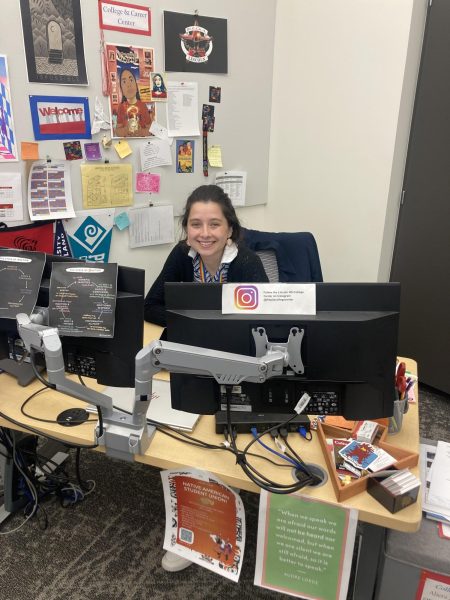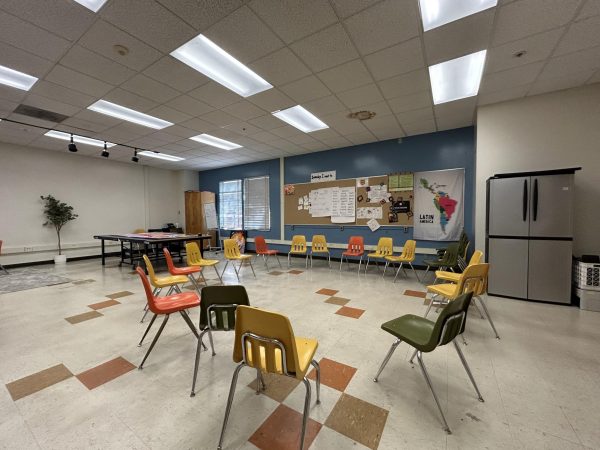FLEX not so flexible
The FLEX period normally available to students on Thursdays from 9:42 to 10:24 a.m. will not be accessible this week, continuing a no-FLEX trend visible in the past two weeks. FLEX the week of Oct.13-Oct.17 was delayed by an earthquake drill, and the FLEX period on Oct.23 was used for the homecoming assembly. The change for this week is due to cancellation of classes for parent conferences. FLEX is scheduled to resume the week of Nov. 3-7.
With FLEX periods cut from two to one this year, and the several all-school events such as assemblies and testing scheduled for Thursdays, students have limited time to talk with teachers, study for classes, or retake tests.
The newly administered school schedule leaves sophomore Stephanie Hamilton with a message to the school district. “We really need that time,” she said of the coming and past no-FLEX-weeks. “I have several things I need to take care of, and FLEX is supposed to be a time for me to do so.” Hamilton is enrolled in several high level classes, including IB Chemistry and IB Math. “I will have no time to retake tests that I need to with all the things going on during FLEX,” she said. “It’s stressing me out so much.” Sydney Denham, a sophomore, also enrolled in IB Chemistry, agreed with Hamilton. “I really wish we still had two FLEX periods,” she said.
As a teacher of IB Chemistry, Nathan Watson understands that it is hard for students having such limited time to talk with teachers. “I understand the reasons behind it (the schedule change),” he said. “The law requires that we raise in-class seat time for students, but I do wish we had more time.” Watson, a teacher at Lincoln for four years, explained that more and more students have been coming to him outside of school hours, sometimes even during the weekends, to talk to him or retake tests. “Retrospectively, I would say I preferred the old schedule,” he said. “But I think a modified block schedule would be even better.”
The modified block schedule would cut classes from eight to seven, likely reducing homework, while increasing the time a student spends in one class. “It would limit the choices a student has when it comes to classes, but it gives them more time for more depth, and more time to talk to their teachers,” Watson said.
Dr. Tim Goldhammer, health and sports nutrition teacher, agreed with Watson and raised a few questions of his own. “Kids need FLEX,” he said. “But they also need to feel connected to their school. Like with homecoming assembly, we need school activities to raise moral and enjoyment, but at what expense?” Goldhammer, a long-time Lincoln teacher, also has noticed an increase in students approaching him outside of school and during lunch hours. “I know some teachers may not like that, but I don’t mind it,” he said. “I just know it must be hard for kids to have to sacrifice lunch time and time outside of school to catch up.”
Goldhammer also said that FLEX is not just a time for students to catch up on school work, but also a break in between classes for students to eat, use the restroom, or simply connect with friends. “They’ve cut breaks as well, which I don’t understand,” he said. “I think the school district is more concerned with seat hours than mental and nutritional breaks, which concerns me.”










